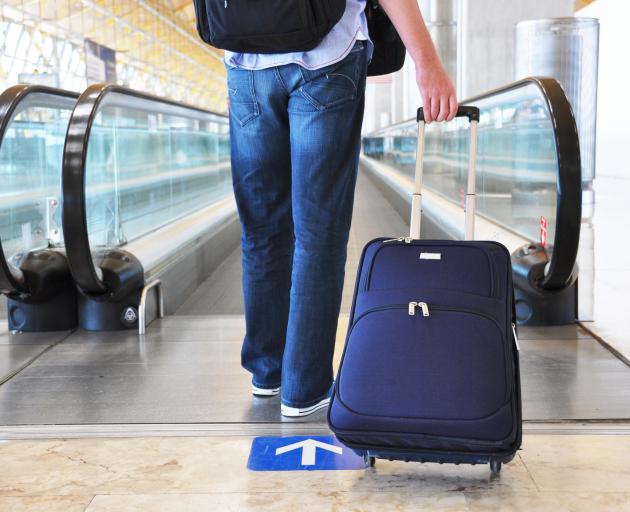
For the parents of children who want to head off with a backpack on their own or with a mate, it can be an anxious time, says Ian Munro.
This week I had the opportunity to interview a very personable teenager from Belgium. She recently finished her school studies and is now spending a year here. It's an exciting time for her, bringing rich new experiences.

At this time of the year, many young Kiwis are planning to something similar: a gap "year'' of three months to a year of world travel and work before starting tertiary study. And it's a scarily exciting time for them and a scary time for their parents.
Student exchange programmes provide some reassurance to parents that their offspring will be cared for, but for the parents of those whose want to head off with a backpack on their own or with a mate, it can be an anxious time.
Will he have enough money? He never has at home. What if she loses her passport? She loses everything else. How will he eat? He can scarcely boil water. Issues of personal safety also loom in parents' minds.
You can prepare for their departure with loads of stress, ongoing argument and a pessimistic stance based on all that could go wrong or you could embrace their sense of adventure, their youthful enthusiasm and support them in their plans. This gives you a chance to have input into contingency planning.
Talk through what they want to do in each place they visit and discuss timeframes for doing this.
If you know of another family that's been through this experience, talk with them.
There's a wealth of information online and the experiences of those who've gone before or are currently travelling can be invaluable reading for parents and teenager.
You can help organise things such as passports, visas, travel insurance and how the finances will work. And keep yourself a copy of all documents. Set up a power of attorney so you have authority to act on their behalf if necessary.
Talk through the "what-ifs'' and set in place plans of action. Friends of friends are often happy to be available to a young traveller if something goes wrong, so build a back-up network where you can. Young Kiwis always seem to be welcome.
Reach an agreement on how they'll keep in touch and the frequency. Email and Skype make this easy.
Discuss cultural differences, food hygiene and remind them of the value of a smile, a thank you and a small token of gratitude.
Buy them a good phone if they don't already have one.
And when they get home, give them space. They come back different people. They will tend to be independent and very much more mature and will make their way in life with greater confidence.











